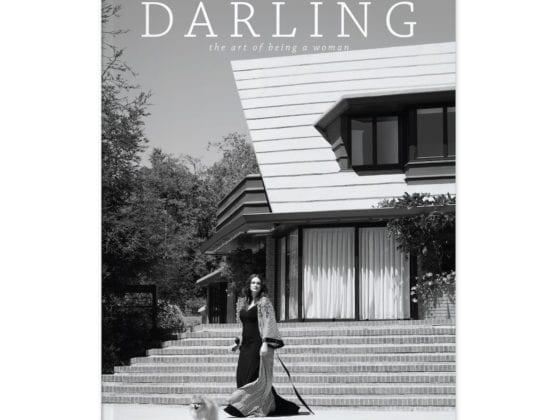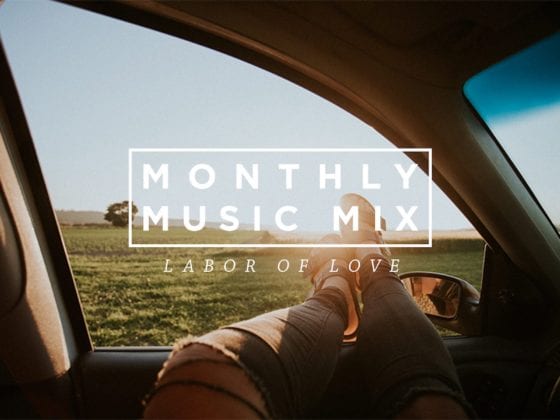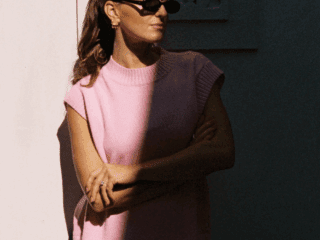Death has no respect for the differences we have created among us; we will each be touched by it. While our mortality is known, it is hardly something we actively wish to participate in. Though always tragic, death seems to have been a more normal experience in previous generations. With an increase in life expectancy, medical advancements, and older generations more likely to live outside the home, we can easily grow distant from death. We can hold it at arm’s length, until we can’t anymore. Death is as normal as birth. Yet, birth is celebrated and death mourned. At birth we say hello, and at death we say goodbye.
I have had clients express, and have myself experienced, the feeling of being ungrounded and unhinged by death. Those left behind often report feeling disconnected from the events of the world, as if the one who died took a part of them with. For a period of time people check in, give their condolences, share memories. Slowly, but often not slowly enough, people stop asking. There is an expectation that death is something to get over, something to move on from. We are to be sad, of course, but we are expected to say goodbye and let go.
I believe that the discourse of “getting over” and “letting go” has contributed to the shadowy mystics of death. How might we begin to de-mystify this universal experience? Is it possible that we can more actively live in the prospect of death, celebrate a life that has ended, and say hello to those who have gone instead of goodbye? I believe we can.
Living actively in the prospect of death.
Rather than holding death at an arm’s length, or becoming all consumed by the prospect, what would happen if we actively lived in the truth of its occurrence? “Live like you aren’t promised tomorrow.” You’ve heard the quotes. Yet, it usually isn’t until we are directly faced with the fragility of our lives and the lives of those we love that the promise of tomorrow is challenged.
I have never been more attuned to the sound of my father’s voice, the warmth of my husband’s hand, or the smell of my daughter’s hair than when reminded of such permanent loss. If we actively choose to accept death as part of our life, we don’t have to wait for the prospect of loss to value the gift of living. No, we aren’t promised endless tomorrows, but this just adds to the value of each life and each day.
If we actively choose to accept death as part of our life, we don’t have to wait for the prospect of loss to value the gift of living.

Celebrate a life that has ended.
I do not mean that we should not be sad. Our tears should be held as the highest symbol of love. How wonderful it is, to have known a love worthy of those tears. Whether it is a higher power, the universe, or science, allow yourself to question why things happen. It is in this questioning that we become more intimately involved with what or whom it is we are questioning. Yes, we will cry and question and grieve, but we should also celebrate the gift of knowing someone so worth knowing.
Celebrate with those that knew them, no proper celebration happens alone. Tell stories, hold rituals, travel to their favorite places. Some feel the freedom to participate in these celebratory acts soon after a death, and then the pressure to let go sets in. Don’t let it. Invite the celebration to follow you into each new stage of your life, which brings me to my last point.
Our tears should be held as the highest symbol of love. How wonderful it is, to have known a love worthy of those tears.
Say hello again.
Michael White, an Australian social worker and founder of Narrative Therapy, introduced the “saying hello again” metaphor in grief counseling. Often clients who have lost a loved one speak of their struggle to let go. Instead of letting go, what if the result of grieving was to restore what has been lost? When someone has died, the pressure to let go can actually complicate grief and trigger depression. Rather than saying goodbye and shutting the door, what if we invited our memories along with us? I have found that when allowed to reclaim a relationship with someone who has died, we are gifted a valuable lifelong resource. The following questions can be useful in accessing this resource:
“If you could see yourself through the eyes of your loved one right now, what would you see?”
“Consider a special memory you had with your loved one, what parts of yourself are you awakened to when recalling this memory?”
“If your loved one was here to witness this moment right now, what would they say? What would they do?”
Allow yourself the deep, other-worldly experience of being connected to someone who has gone. Give life to the memory of the person you loved, and say hello.
Every experience of loss is unique, and with this comes distinct challenges and varied journeys. We do not have to walk these journeys alone, and I suggest seeking out support, therapy, or other local resources if you are struggling.
Feature Image via Liz Ballmaier












5 comments
My wonderful, loving dad died about a year ago at the perfect age of 77. He had never been in a hospital before and so when he went in, we (my mom and three sisters) thought he would follow us out. He didn’t. I went into shock, and experience grief like never before. I have been trying to let go, but after reading your article, I want to say hello! Remember all the love and beauty he spread in this world, instead of trying to shut down the pain. Also, it has made me realize my own mortality and of those around me. I so appreciate you taking on this hard topic. This is life, that ALL of us will have to face one time or another. Thank you for giving some tools to “deal” with it better. I have so many GREAT memories to say hello too. He would be so happy to see me smile.
Betsy, you speak so much truth here. It can be so easy to get stuck in the regret and in our own mortality. I think if we allow ourselves to share those feelings and experiences, it can open up space for the celebration and shared memories too. Thank you so so much for sharing this vulnerable post.
It’s been 19 years since my brother, Michael, graced us with his brief life here on Earth. (And this article was published on his “Heaven Day” as we call it, perfect timing!). We don’t have the memories as others do with the loss of someone older, but we continue to celebrate his life each and every year—with something even as simple as a morning hike as I did this year. His presence in our lives taught us the future is not a given and to cherish life. I love the idea of “say hello again” vs the push to “let go and move on”. We cannot permanently wallow in grief, our loved ones wouldn’t want us to live like that, but to move on and let go is to let go of every part of us they helped shape. I think when we try to move on and act as if we aren’t affected by the loss we lose a part of ourselves, which, as discussed above, only perpetuates grief. Something I do each year is write a letter to loved ones who have passed, on their birthdays or “Heaven days”. It’s a way to celebrate the impact they had on my life, imagine them able to see me now–like discussed in the article (in the case of my brother, I also imagine what he would be like as a 19 year old in college :-)) if there are regrets or anger, it’s a way to release those. It’s a way to release the grief but also respect how they shaped me into the woman I am today. This was a beautiful article and I am grateful, thank you!
Megan, I absolutely love the idea of writing a letter. Thank you so much for sharing this, your comment touched me deeply.
Thank you for this beautiful and profound perspective. For me, the grief around losing a loved one is often about regret… Regret at having let myself be distracted, during moments of togetherness, by other stuff that somehow seemed more important at the time. Looking back, I’m filled with sadness for those lost moments, sadness that can make it hard to celebrate the memories of moments when I WAS present. Yet that underlying fear of my own mortality is what gives those distractions such power over my attention, again and again. Your encouragement to celebrate and savor the memories of shared moments in an everlasting way applies forwards and backwards, if that makes sense. Thank you!